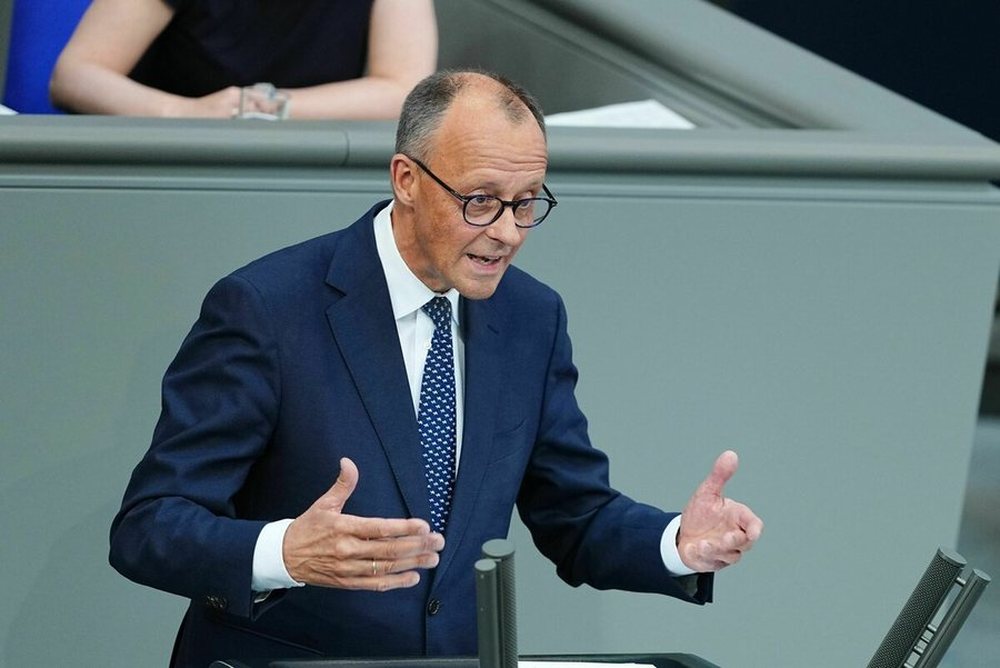
Germany is facing a heated political debate over the future of its welfare state, one of the most coveted systems in Europe. Health insurance, long-term care insurance for the elderly, pensions and unemployment benefits are increasingly facing financial difficulties. The federal government is forced to regularly inject large amounts of tax revenue to avoid the collapse of these systems. The ruling CDU/CSU-SPD coalition, upon coming to power, had promised comprehensive reforms to modernize social security. However, there are currently deep disagreements within the coalition about how this reform should be carried out: should it be accompanied by cuts, to what extent and which sectors should be affected?
Chancellor Friedrich Merz, addressing public opinion, spoke openly about the dire state of the system:
"The welfare state as we have it today is no longer financially viable with what we are achieving economically. My appeal, however, is to everyone: Let us show together that change is possible, that reforms are possible," said Merz.
The chancellor's statement came after a proposal by the Social Democrats (SPD) to raise taxes. Vice Chancellor Lars Klingbeil had stressed that he did not rule out the possibility of raising taxes on high-income earners and the wealthy. "No option is off the table," he told ZDF television.
This approach has been rejected by the largest partner in the government, the CDU, which opposes any additional burden on small and medium-sized businesses. Chancellor Merz stressed that he would stand firm on this point, ruling out tax increases that would hit the real economy.
On the other hand, within the SPD there is clear support for the idea of higher taxes on high incomes, while there is strong opposition to any cuts to social services. The head of Juso, the SPD youth organisation, Philipp Türmer, called this a “red line” for the party:
"If the idea behind an autumn of reforms is to cut social services and benefits, I can say unequivocally: the SPD cannot move even an inch in that direction," he told the Stuttgarter Zeitung newspaper.
Germany is thus facing a major political and social test: an outstanding system for protecting its citizens, currently under severe financial pressure, requires profound reforms. The dilemma is whether these reforms will lead to painful cuts or to an additional fiscal burden on the wealthier strata of society.






















